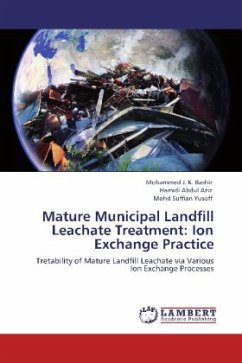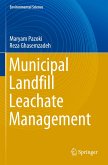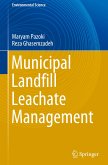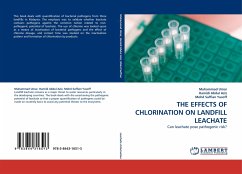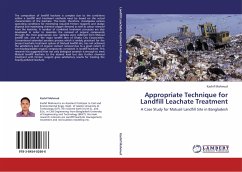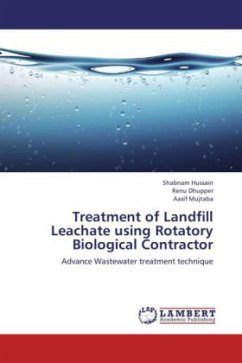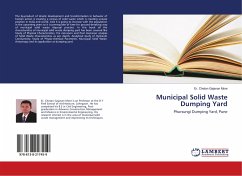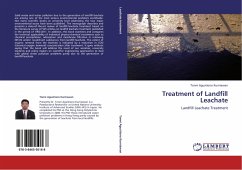Mature leachate generated from an aged sanitary landfill is typically classified as non-biodegradable.Disposal of untreated landfill leachate can be a source of hazard to receiving waters. Therfore, treatment of landfill leachate is considered environmentally essential. The application of ion exchange process in landfill leachate treatment was not well established in literature. Optimized operational conditions and the interaction among process variables for this treatment process were unidentified, leaving a substantial gap in landfill leachate treatment knowledge. In the present work, the treatment of mature landfill leachate using vriouse ion exchange process ssuch as cationic resin, anionic resin only, cationic followed by anionic (cationic-anionic), and anionic followed by cationic (anionic-cationic) were established and documented for the first time.
Bitte wählen Sie Ihr Anliegen aus.
Rechnungen
Retourenschein anfordern
Bestellstatus
Storno

